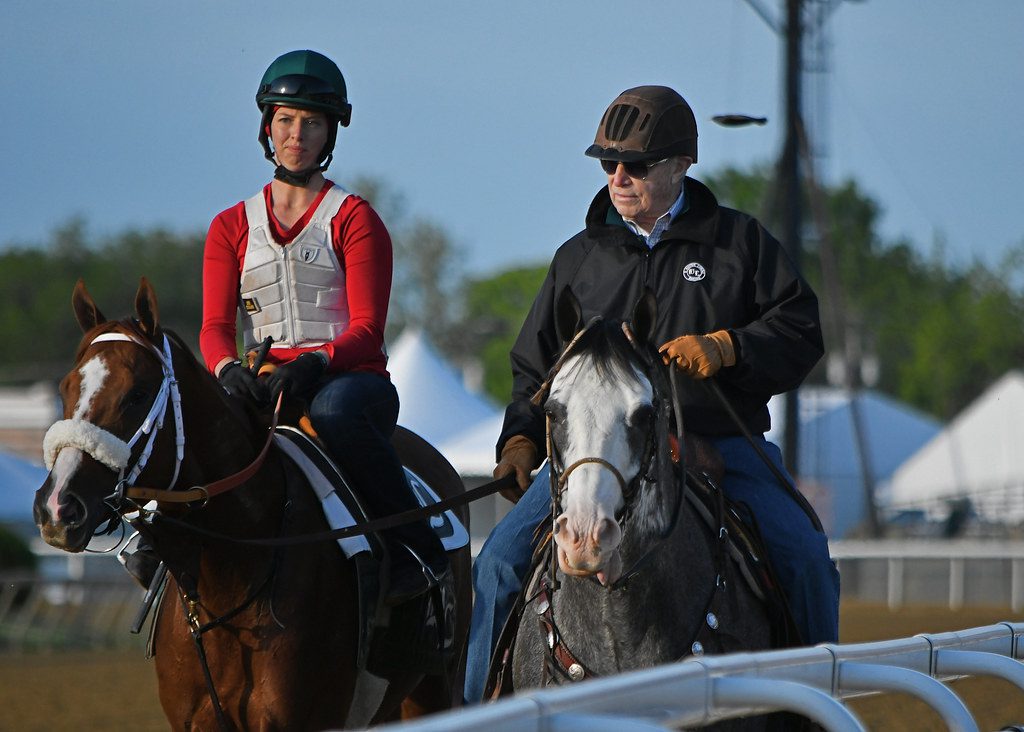ARCI: “TOO MANY UNANSWERED QUESTIONS” TO SUPPORT FED BILL

Expressing concerns about undefined cost mandates and implementation issues associated with S.4547, the proposed Horseracing Integrity and Safety Act of 2020, the Association of Racing Commissioners International (ARCI) believes legislators should require more information about how the legislation will impact individual States before moving forward with the proposal.
- CT: Old man Muad’dib back to winning ways
 Nine-year-old millionaire Muad’dib put a winless 2025 in the rearview mirror with a victory Friday at Charles Town.
Nine-year-old millionaire Muad’dib put a winless 2025 in the rearview mirror with a victory Friday at Charles Town.
“The RCI Board believes there are some very good things in this bill,” said Ed Martin, President of the ARCI. “But there is a huge financial unknown concerning the cost, especially how it will impact smaller and mid-sized racing entities and exactly how this is to be implemented.”
Martin said the ARCI is committed to a smooth transition once the proposal is enacted into law, noting that the legislation addresses issues long advocated by the association, specifically uniform rules and testing. “This legislation accomplishes that and also solves the funding issue that has been an annual headache for every racing commission,” he said.
The ARCI Board met this week and discussed the proposal at length. “There are many questions about how this will work and a general concern about how smaller and midsized racing venues will survive if required to pay additional regulatory expenses,” he said. A staff analysis of the legislation noted at least 35 racing venues in 19 US States that should be monitored to assess the extent to which they will be able to withstand additional financial mandates imposed by the legislation.
The RCI Board felt that there were too many unanswered questions to embrace the legislation at this time although directors from Kentucky spoke in favor, West Virginia against, and some other jurisdictions withheld comment pending direction from their full Commission.
Other than shifting medication rule making authority and in some jurisdictions the responsibility for operating and paying for the enforcement program, the State Racing Commissions are perhaps the entities least impacted by this legislation.
There is a concern that in an attempt to strengthen racing, this bill may reduce racing opportunities in some communities with a ripple effect on local economies, particularly in the agricultural sector.
“The RCI Board believes the sponsors and proponents of this bill should allay those fears by providing details about the anticipated costs associated with the new Authority and the Enforcement Agency as well as state specific operational costs should they assume the entire enforcement program now operated by the State,” Martin said.
Martin said that the statute, when implemented, will be similar in some ways to the system in place for RCI Members in Canada, except that investigations there and adjudications are handled by Provincial Racing Commissions with testing and screening limits handled by a federal agency uniformly.
LATEST NEWS

















